

Because of its flashy, colorful, and high velocity approach to puzzle action, Dyad will inevitably draw comparisons to hallucinatory classics like Rez. That’s a disservice to Dyad. Toronto-based indie studio ][ (pronounced “Right Square Bracket, Left Square Bracket”) has concocted a downloadable title that weds fast-paced and challenging action to the sort of intuitive thought processes that drive the finest puzzle and racing games. As a result, Dyad is undoubtedly one of the finest PSN games of 2012, and a title that will inevitably boost Visine sales.
Dyad’s core mechanic is a simple one: drive your avatar through a tubular chamber by latching on to orbs to propel it forward. As the game progresses, a variety of riffs and new wrinkles on that formula begin to rise. They can vary from the ability to collect speed boosts that drive the avatar through enemy orbs (known as lancing) to zapping the correct orbs to acquire temporary speed boost zones (known as zip lines).
The beauty of Dyad is that its learning curve starts out gently. The initial levels are intuitive to grasp and accessible to many, from an introduction on how to hook orbs and pairing up colors to learning how to race quickly through a stage. It’s impossible to overstate how effectively the game eases you into the experience, because the difficulty curve steepens thereafter. Yet, for the moments you’ll retry a section, the initial stages never frustrate. If there is any issue to take up, it’s that the difficulty walls often hit when Dyad introduces new elements into the mix or its symbology becomes confusing. In the later stages, there’s an incredible challenge that toys with your perception of everything you’ve learned and gives you three lives to survive the stage, but the life counter isn’t well-explained, so you’ll fail a few times before you figure out what that symbol is.
That challenge? It sends your avatar through a chamber full of temporary invincibility orbs and enemy objects to collide with. Invincibility multipliers happen as you smash your avatar into those enemies, but the timing can be precarious, and more often than not, the invincibility orb will have worn off before you can stop yourself from a head-on collision. Meanwhile, the stage is consistently raising the stakes and escalating speeds. Oh, and we forgot to mention that you have to survive a minimum of four minutes to unlock the next stage. It’s a nail-biter, but you’ll be driven to fight tooth and nail to get through it.
That challenge is indicative of Dyad’s charm. No matter how many times you fail, you’ll keep on coming back and diving back into it. That counts doubly so for its trophy challenges, which are designed for you to return to after clearing all of the initial stages. They’re maddeningly tough, and frankly, turn the game on its head in many regards. The requirements are diligent and strict, even for something as simple as the introductory stage, which goes from “hook enemies to get through the tube” in the core game to “hook 22 pairs of enemies while using the hook button a maximum of 50 times.” The stakes are dramatically raised, so easy trophy hunters will be profoundly disappointed, but Dyad’s trophies are undoubtedly a badge of honor to wear proudly on your PSN account.
The game also thrives thanks to online leaderboards, both globally and locally. Given the challenging and precision-driven nature of the game, there’s a satisfying sense of accomplishment here compared to many other digital titles that allow you to size up your clear times. And even after you’ve played through the core game and moved through the trophies, you can play remixed levels and add custom filters, such as washed out colors, infinite play loops, and the ability to make music more contextual to gameplay.
Dyad’s aesthetic is simple, but elegant. The menus move through a variety of spectral colors, and the stages burst with light. It’s a sound combination of velocity and beauty that gives you a game that’s as pleasurable to watch as it is to play. And despite the comparisons to Q? Entertainment’s classics such as Rez or recent titles like Child of Eden, the ambient soundtrack wonderfully counteracts the high-octane action. It’s pleasant sounding enough to leave the game menu running in the background while you’re doing other things. And even when the music does take a turn for higher tempos, it’s never overly cloying.
Between its exceptional presentation, fair but firm gameplay challenges, and trophy requirements that ensure you’ll get some significant mileage from the experience, there’s no digital game in 2012 that’s like Dyad. It’s a high quality title that’s certainly worth investing your time into, even if the difficulty walls sometimes pop up, and the trophy hunt will give you nightmares. It’s been a while since we used the phrase “blinking is a liability” to describe a game, but indeed, Dyad will ensure many a dry eye in the house.
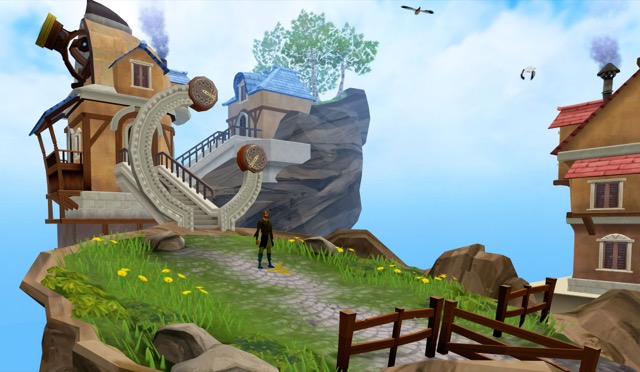

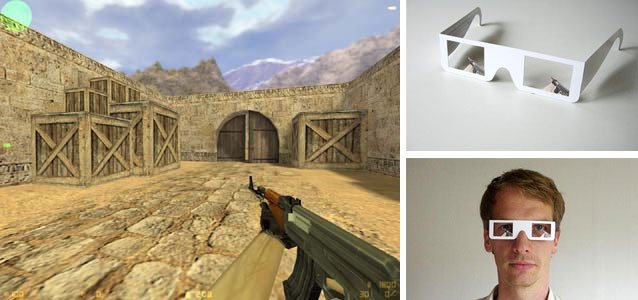
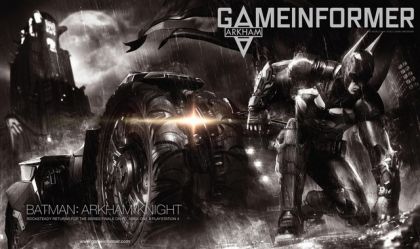
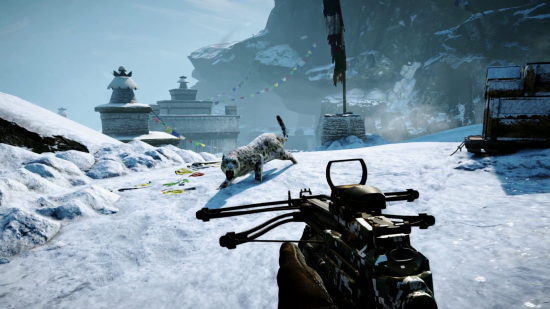 Far Cry 4 Guide: How to Master Hunting
Far Cry 4 Guide: How to Master Hunting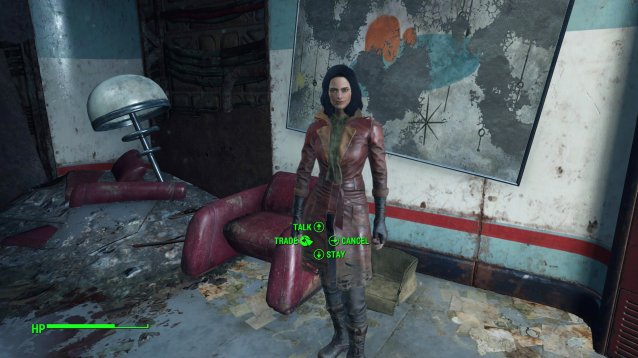 Fallout 4 Guide: How To Equip An Item On Your Companion
Fallout 4 Guide: How To Equip An Item On Your Companion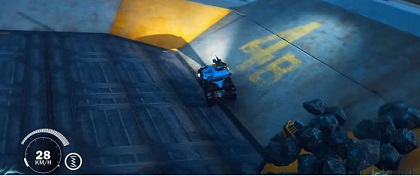 Just Cause 3: all Challenge Modes guide
Just Cause 3: all Challenge Modes guide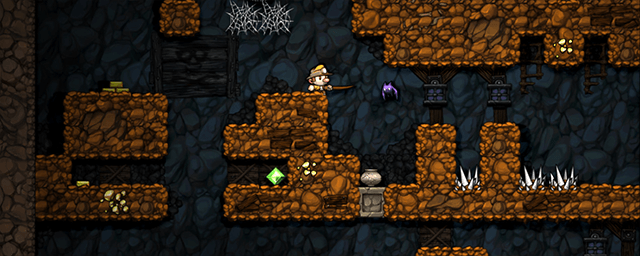 8 Steam Curators You May Have Missed
8 Steam Curators You May Have Missed Top 10 Racing Games on the Xbox 360
Top 10 Racing Games on the Xbox 360